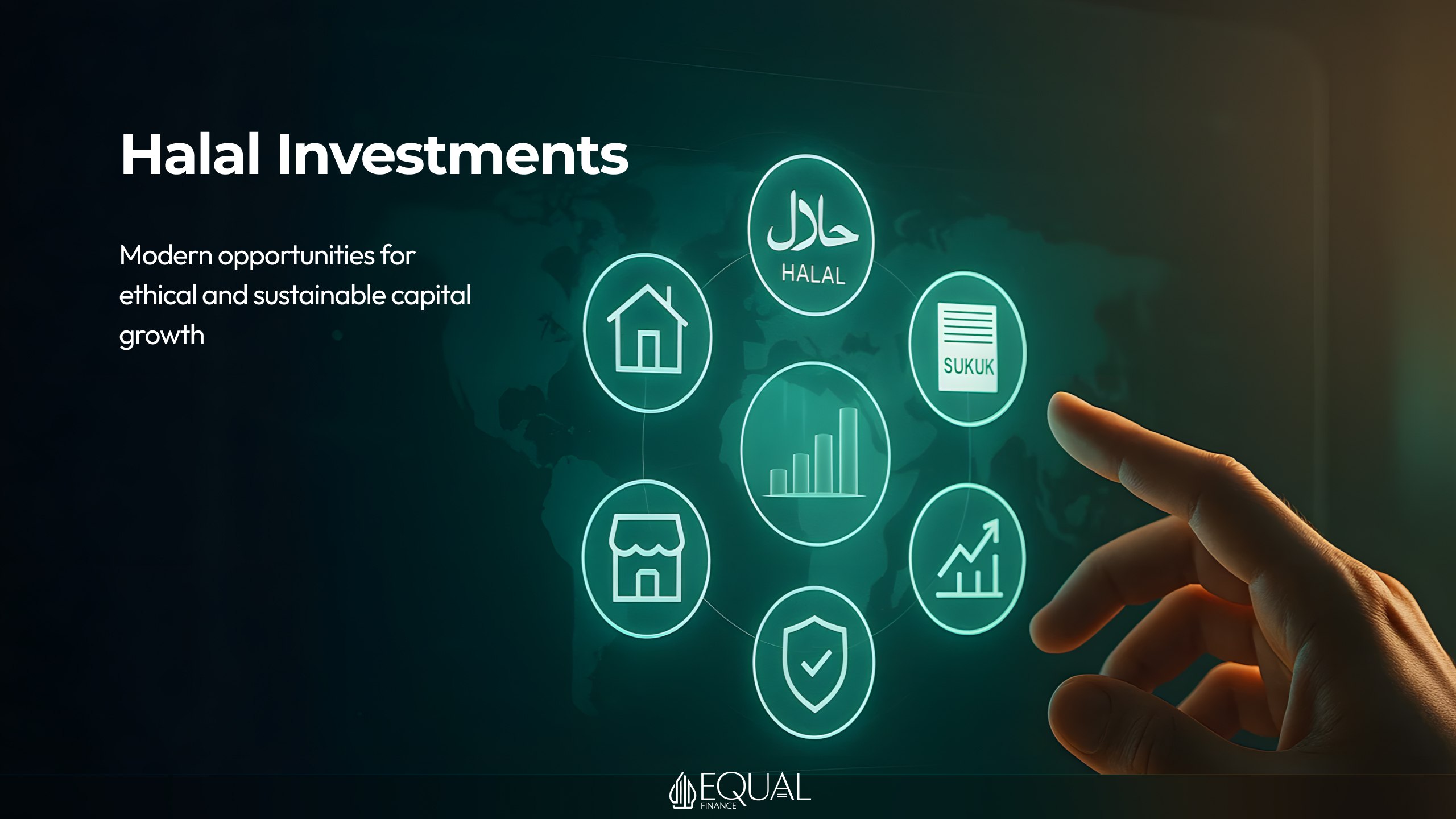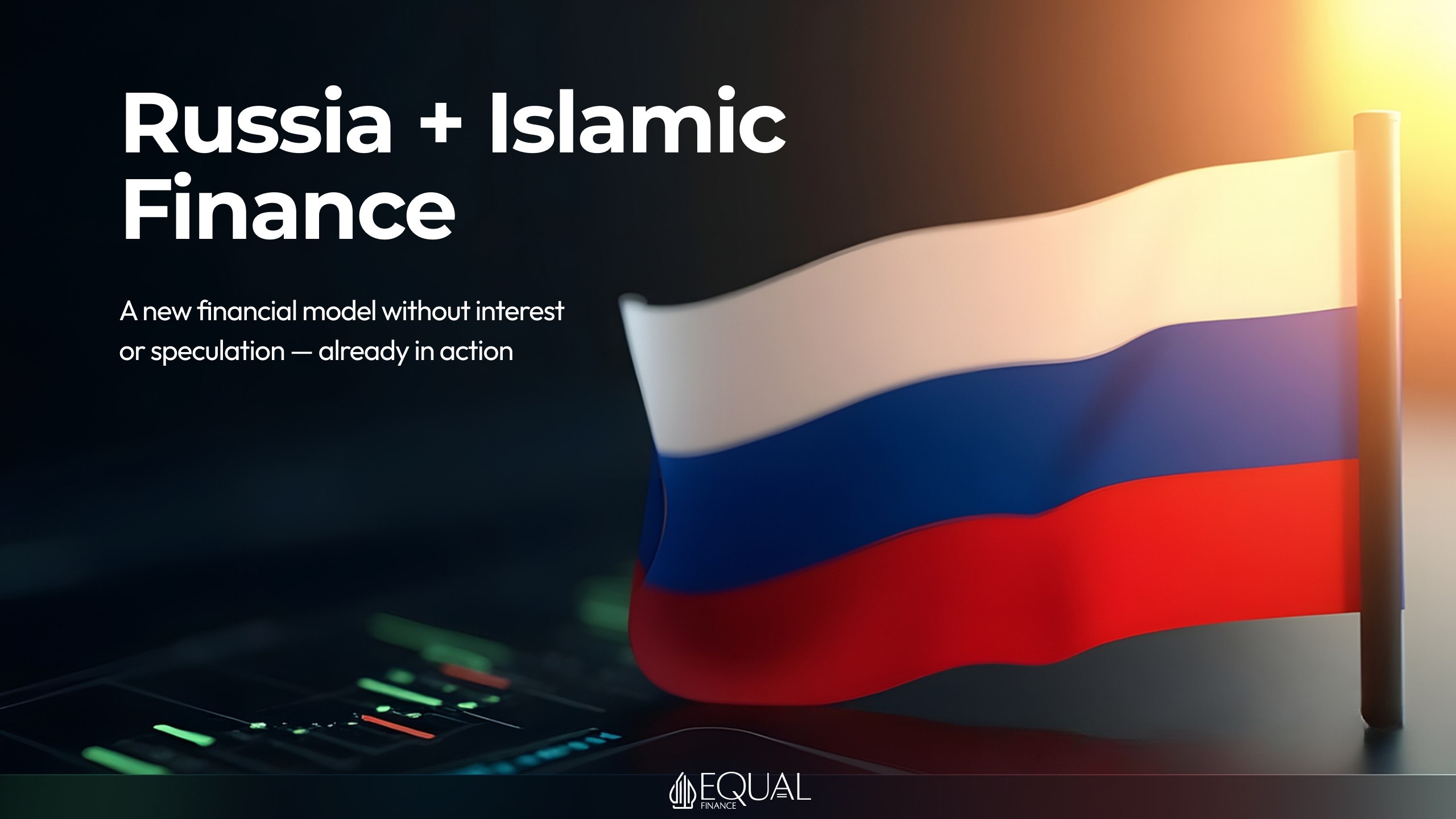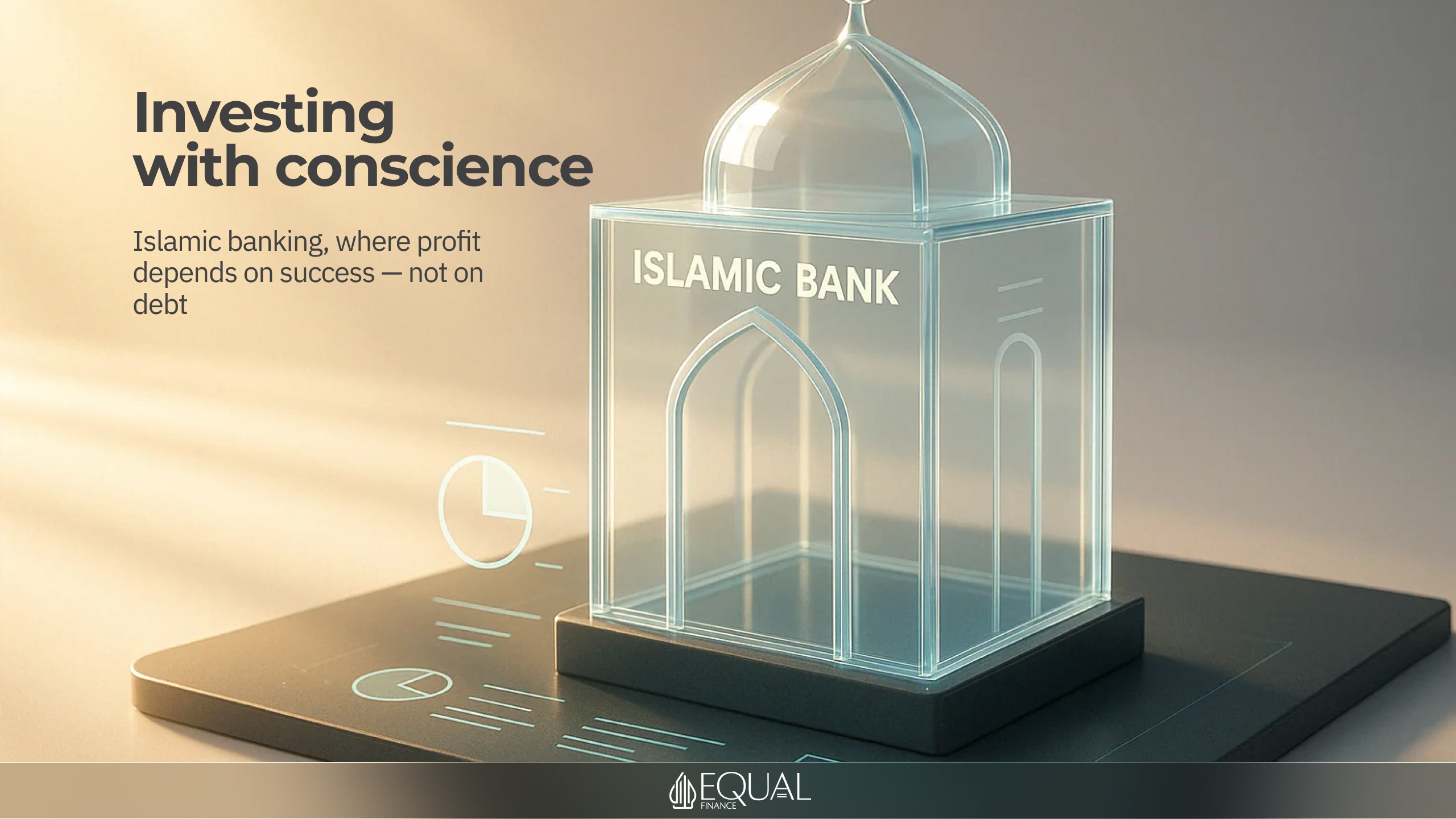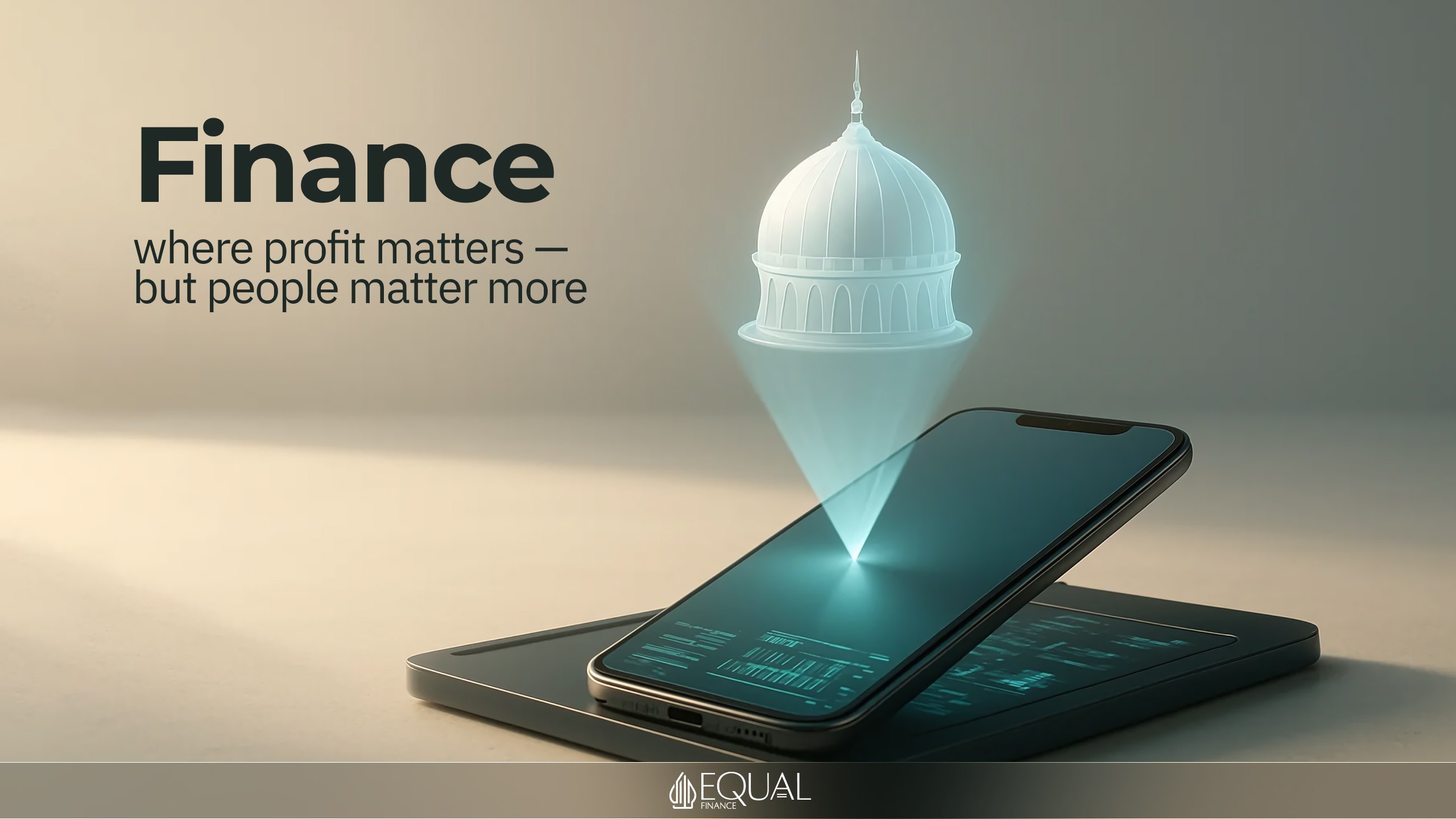Halal investments, compliant with Sharia principles, are gaining traction not only among Muslims but also among investors seeking ethical and sustainable financial instruments. In 2025, the global Islamic asset market is valued at $5 trillion, growing at 15–25% annually. This article explores key halal investment options, their features, and prospects, based on the latest data. […]
Метка: ethics
Islamic Finance in Russia: Development, Challenges, and Prospects
Islamic finance, grounded in Sharia principles, is gaining momentum worldwide, and Russia is actively joining this trend. Since 2023, the country has been conducting an experiment to introduce partner financing compliant with Islamic law. This article explores the current state of Islamic finance in Russia, key achievements, challenges, and prospects for 2025, drawing on the […]
Islamic Finance and Social Responsibility: A Comprehensive Perspective
Islamic finance is not merely a system of interest-free transactions governed by Sharia law—it is a deeply ethical economic model that prioritizes justice, sustainability, and social welfare. Unlike conventional systems that often measure success solely by profit margins, Islamic finance integrates moral accountability into every financial activity, ensuring that all transactions promote the public good […]
Sukuk: The Prospects of Islamic securities in Global Financial Markets
Islamic finance has moved beyond being a niche alternative—it is becoming a key component of the global financial architecture. At the heart of this system lies sukuk, or Islamic securities, a kind of bond analogue, which are structured to comply with the principles of Sharia. Unlike conventional bonds that are based on interest (riba), sukuk […]
Takaful: Advantages and Differences from Conventional Insurance
What is Takaful? Takaful is an Islamic insurance system compliant with Sharia principles. The term comes from the Arabic word “takafala,” meaning mutual responsibility. Participants contribute to a shared fund. This fund covers claims during insured events. The system avoids interest, gambling, and uncertainty, prohibited in Islam. Takaful is built on mutual help and cooperation. […]
Riba and Haram: Key Restrictions in Islamic Finance
Islamic finance is built on Shariah principles, ensuring fairness and ethics. Two central restrictions are riba (interest) and haram (prohibited activities). These concepts set Islamic finance apart from conventional systems. Understanding riba and haram helps investors and clients comply with religious norms. This article explains these restrictions in detail. You’ll learn how they shape financial […]
Ethical Islamic Finance: The New Investment Trend
Islamic finance, rooted in Sharia principles, offers an ethical alternative to conventional investing, blending profitability with social responsibility. By prohibiting riba (interest) and haram (forbidden industries), it emphasizes real assets and transparency. In 2024, the Islamic finance market reached $4.5 trillion, according to Deloitte, drawing investors seeking sustainable, value-driven solutions. Islamic securities sukuk—a Sharia-compliant bond […]
Fair Profit Sharing and the Growth of the Islamic Banking Sector
Islamic banking is a philosophy rooted in fairness, ethics, and partnership. By banning riba (interest), it focuses on the real economy, sharing profits and losses among stakeholders. This model captivates not just Muslim-majority nations but the world, offering stability amid economic storms. Ernst & Young’s 2024 report pegs Islamic financial assets above $4 trillion, with […]
Social Responsibility in Islamic Finance: In Practice
What is Social Responsibility in Islamic Finance? Social responsibility is a core pillar of Islamic finance, rooted in Sharia’s ethical framework from the Quran and hadiths. Islamic finance demands fairness, transparency, and a ban on exploitation, inherently tied to societal welfare. Unlike conventional finance, where profit often reigns supreme, Islamic finance prioritizes community well-being alongside […]
Sharia Principles in the Islamic Banking Sector
What is Sharia in the Financial Context? Sharia is the Islamic legal framework, drawn from the Quran, the Prophet Muhammad’s hadiths, and scholarly interpretations, guiding all life aspects, including banking. In the Islamic banking sector, Sharia establishes ethical and religious standards, setting it apart from conventional systems. Its core aim is to promote fairness, transparency, […]











